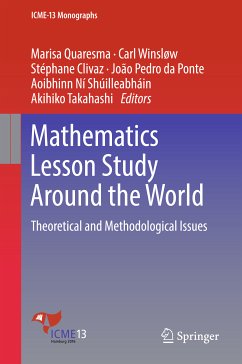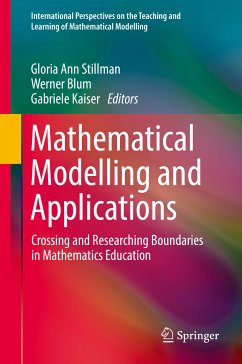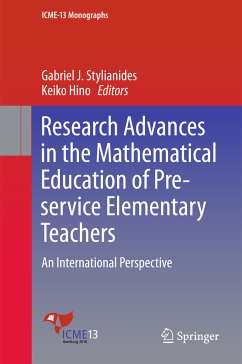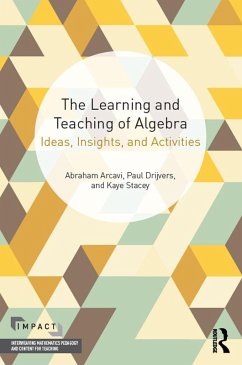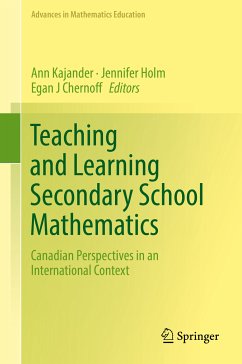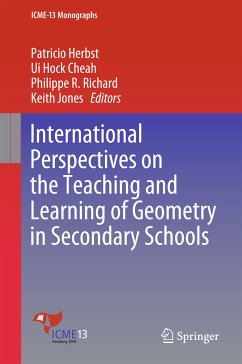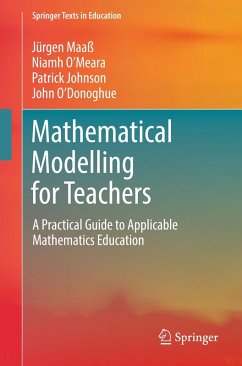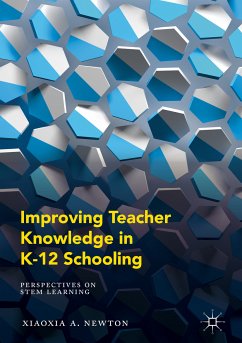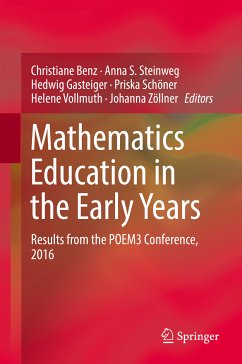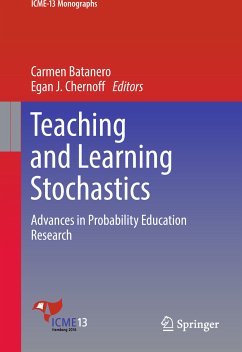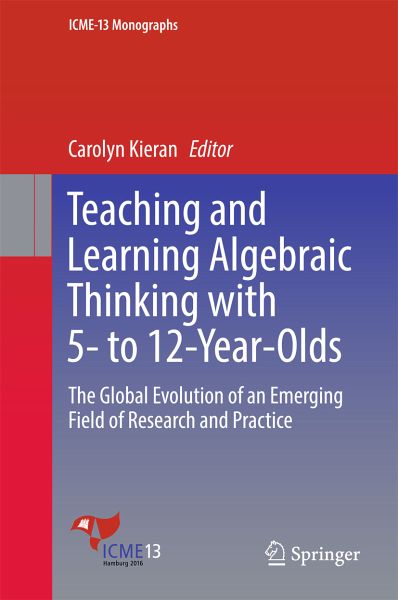
Teaching and Learning Algebraic Thinking with 5- to 12-Year-Olds (eBook, PDF)
The Global Evolution of an Emerging Field of Research and Practice
Redaktion: Kieran, Carolyn

PAYBACK Punkte
68 °P sammeln!
Teaching and Learning Algebraic Thinking with 5- to 12-Year-Olds (eBook, PDF)
Dieser Download kann aus rechtlichen Gründen nur mit Rechnungsadresse in A, B, BG, CY, CZ, D, DK, EW, E, FIN, F, GR, HR, H, IRL, I, LT, L, LR, M, NL, PL, P, R, S, SLO, SK ausgeliefert werden.



